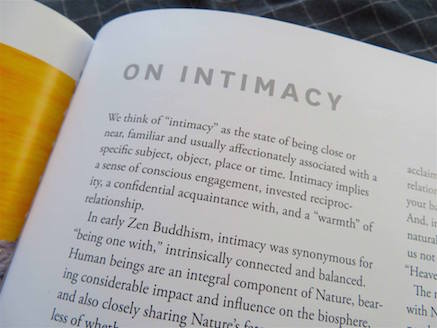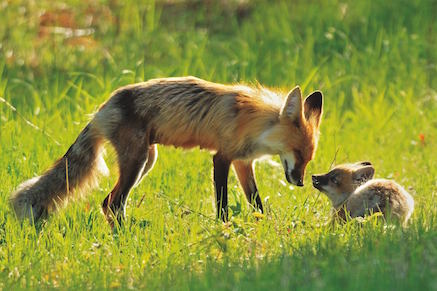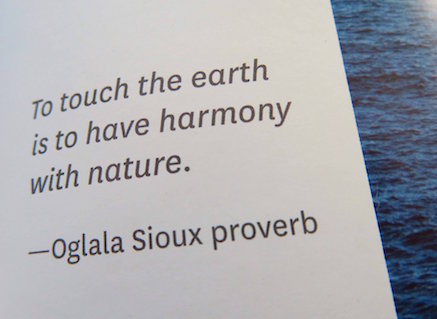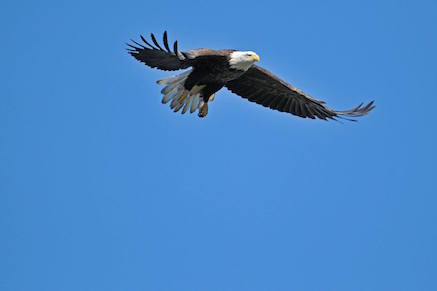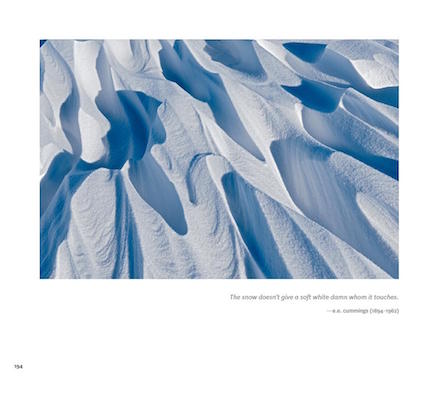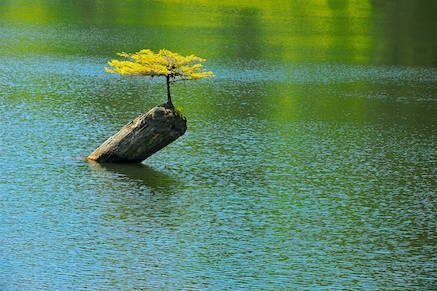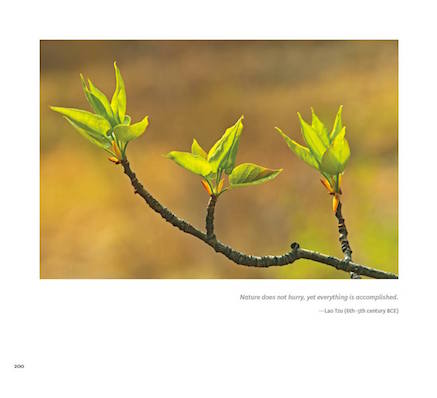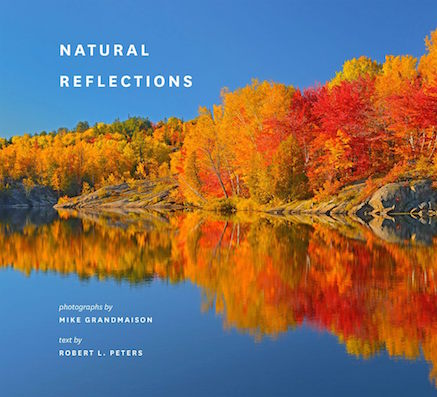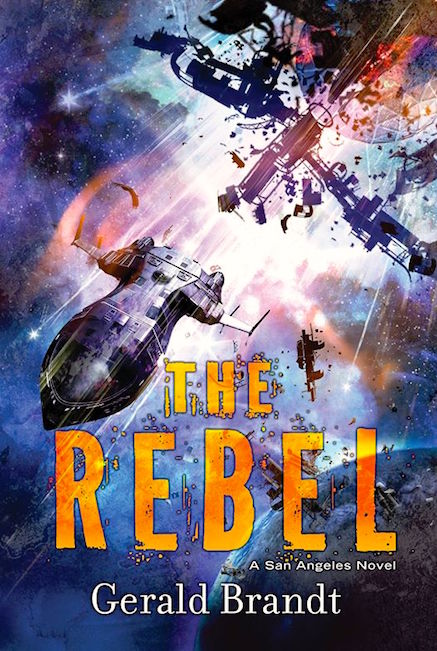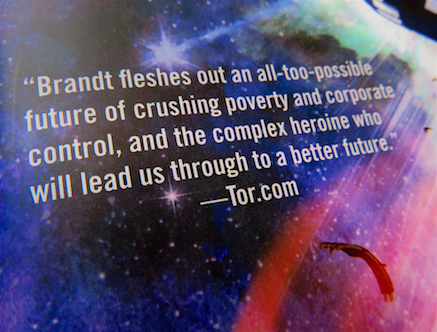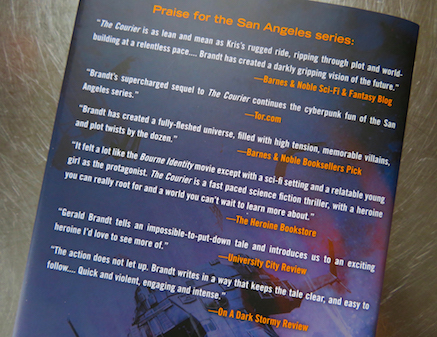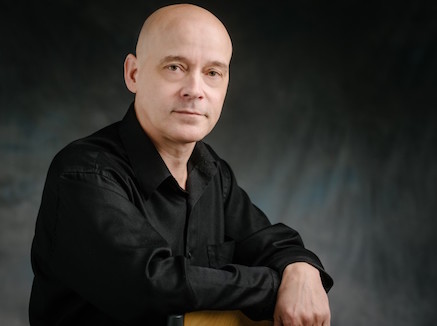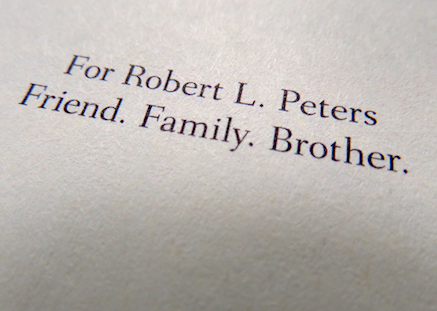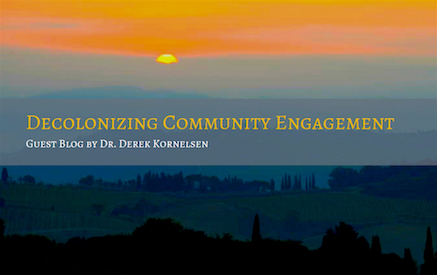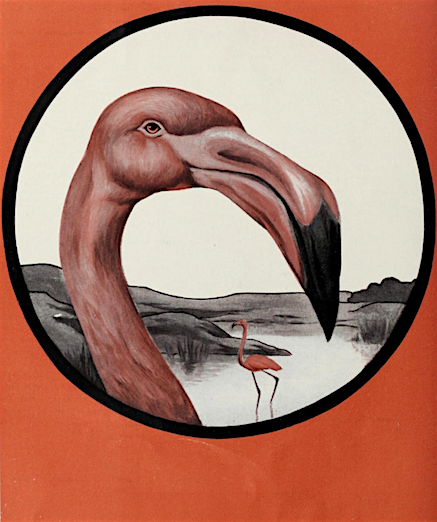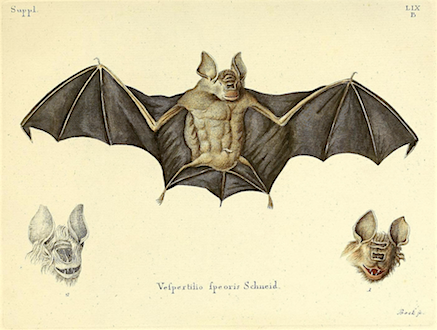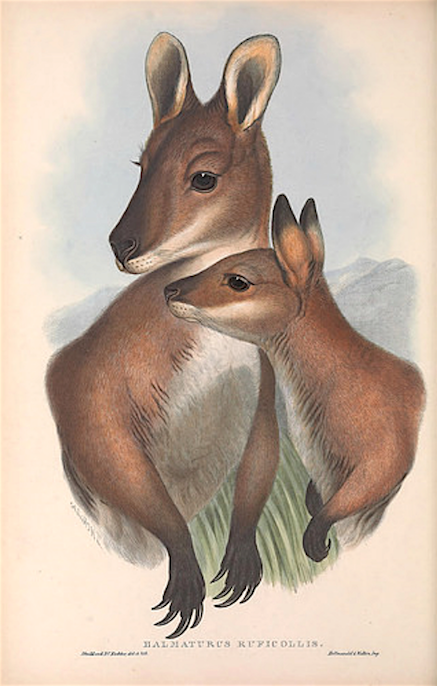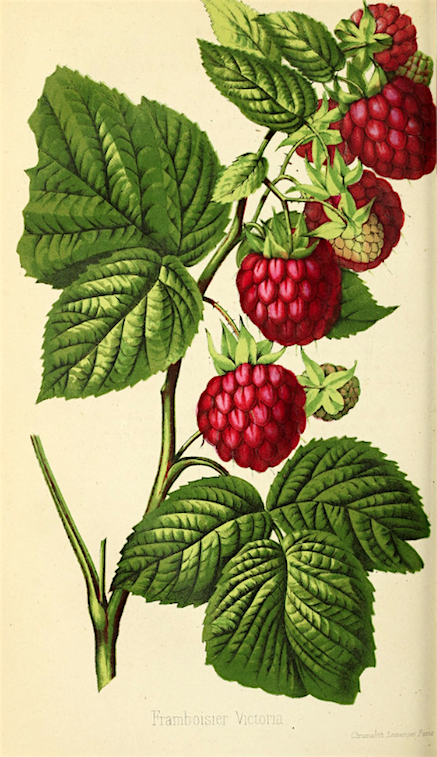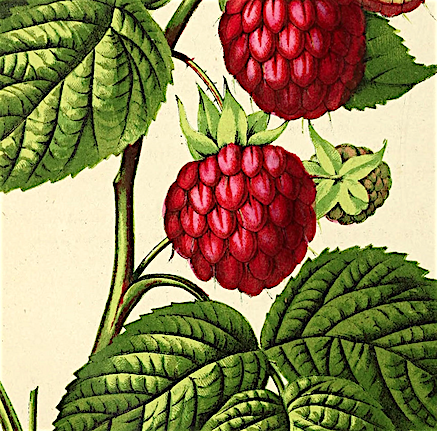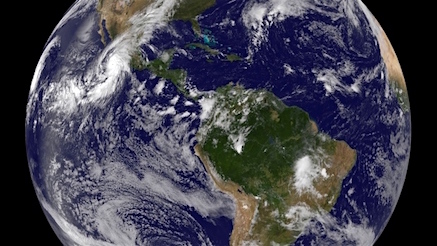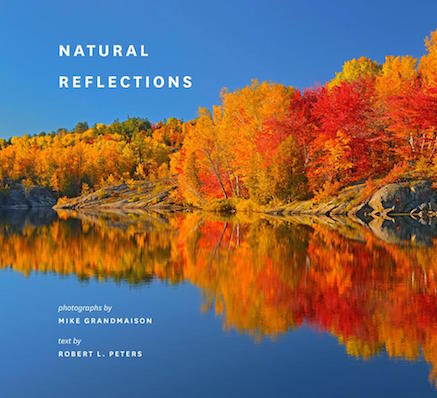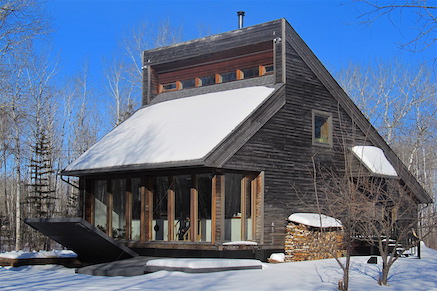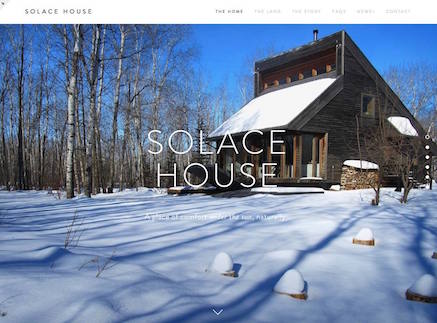Natural Reflections (the book-launch was today)
Winnipeg, Canada
The launch of our book, Natural Reflections, took place this evening at McNally Robinson’s Booksellers in Winnipeg. I read select texts from the book’s five chapters, Mike displayed a dozen enlarged photographic prints (and provided back-story re: their creation), and we both answered questions from the standing-room-only audience who had gathered for the occasion. Fun!
Earlier in the day, I did a radio interview with Marjorie Dowhos, host of CBC Manitoba’s ‘Radio Noon,’ and Mike did an interview in French earlier CBC’s ‘Radio Canada’
An inspiring and highly original book of photography takes the reader on an unforgettable walk through the vast and wide beauty of “Natural Canada.” Natural Reflections captures natural beauty from the exceptional viewpoint and unique perspective of Mike Grandmaison’s lens.
A singular gallery of images is curated, amplified and informed by the observations of Robert L. Peters. Filled with insightful musings, truisms and parallel quotations from some of the world’s greatest thinkers, this book is bound to inspire and truly engage both halves of the brain. Divided into five contemplative chapters – On Inspiration, On Seeing, On Intimacy, On Order, On Change – this lavishly produced volume comprises a rich and seamless interweaving of image and word.
This is a book not to be missed by anyone interested in the natural world (and its preservation), the art of outdoor photography, the creative process or this vast land called Canada. The photographer and author, long-time friends and avid nature-lovers, share the humble view that, like a Mother, the Earth both bore us and sustains us, asking little in return but love and respect. This book is their reciprocal tribute and holistic offering.
The book is available at McNally’s and other book-sellers worldwide ( ISBN-10: 1771602546 / ISBN-13: 978-1771602549 ) as well as from online vendors such as Amazon and Chapters, etc…
